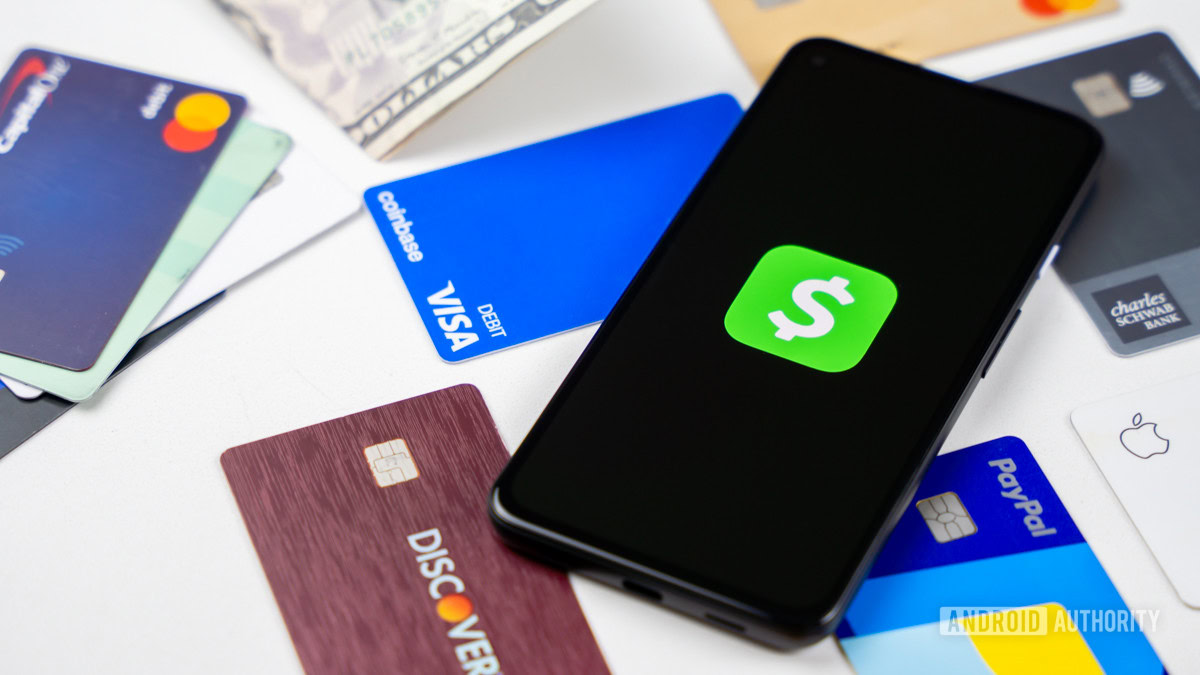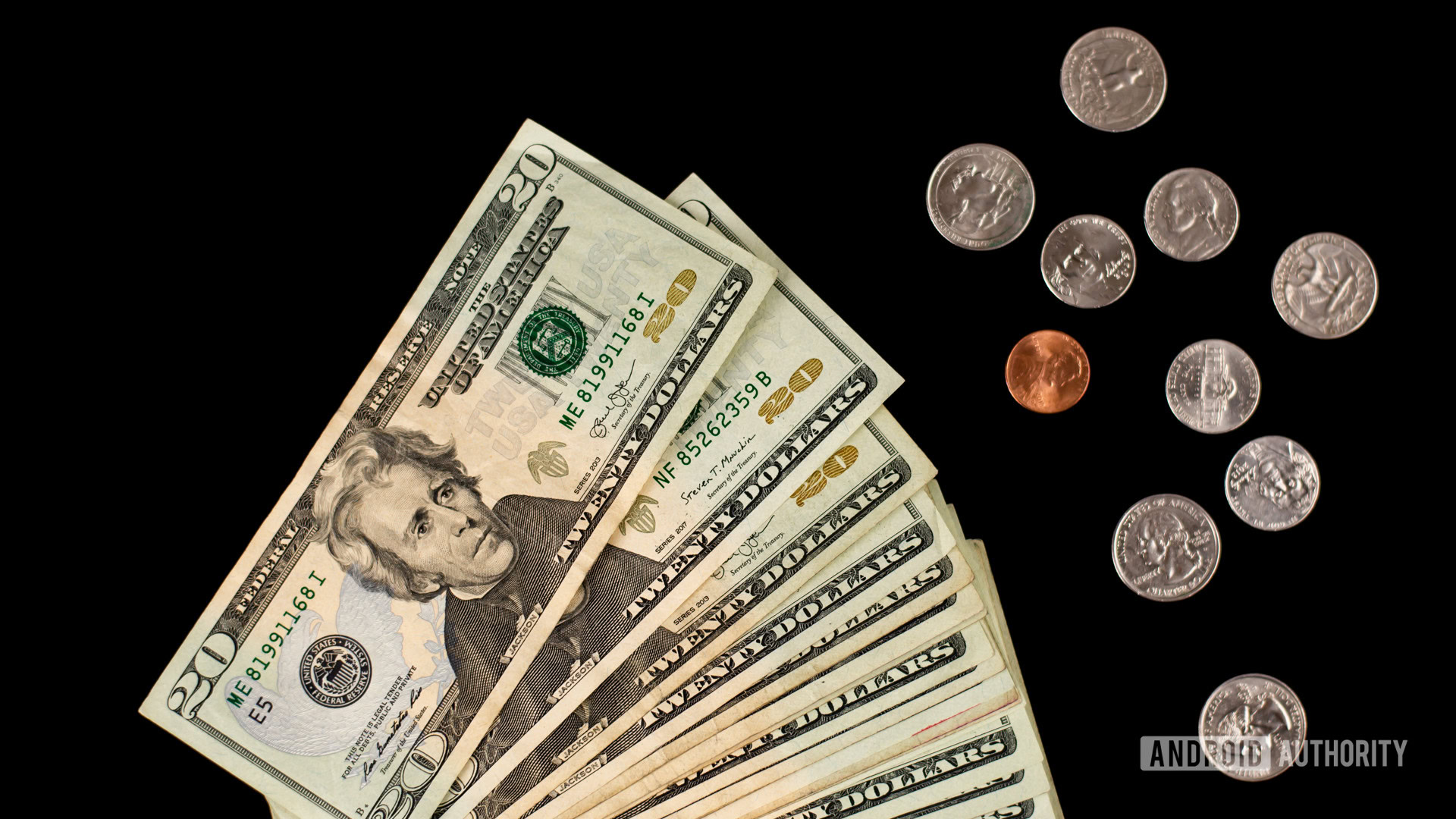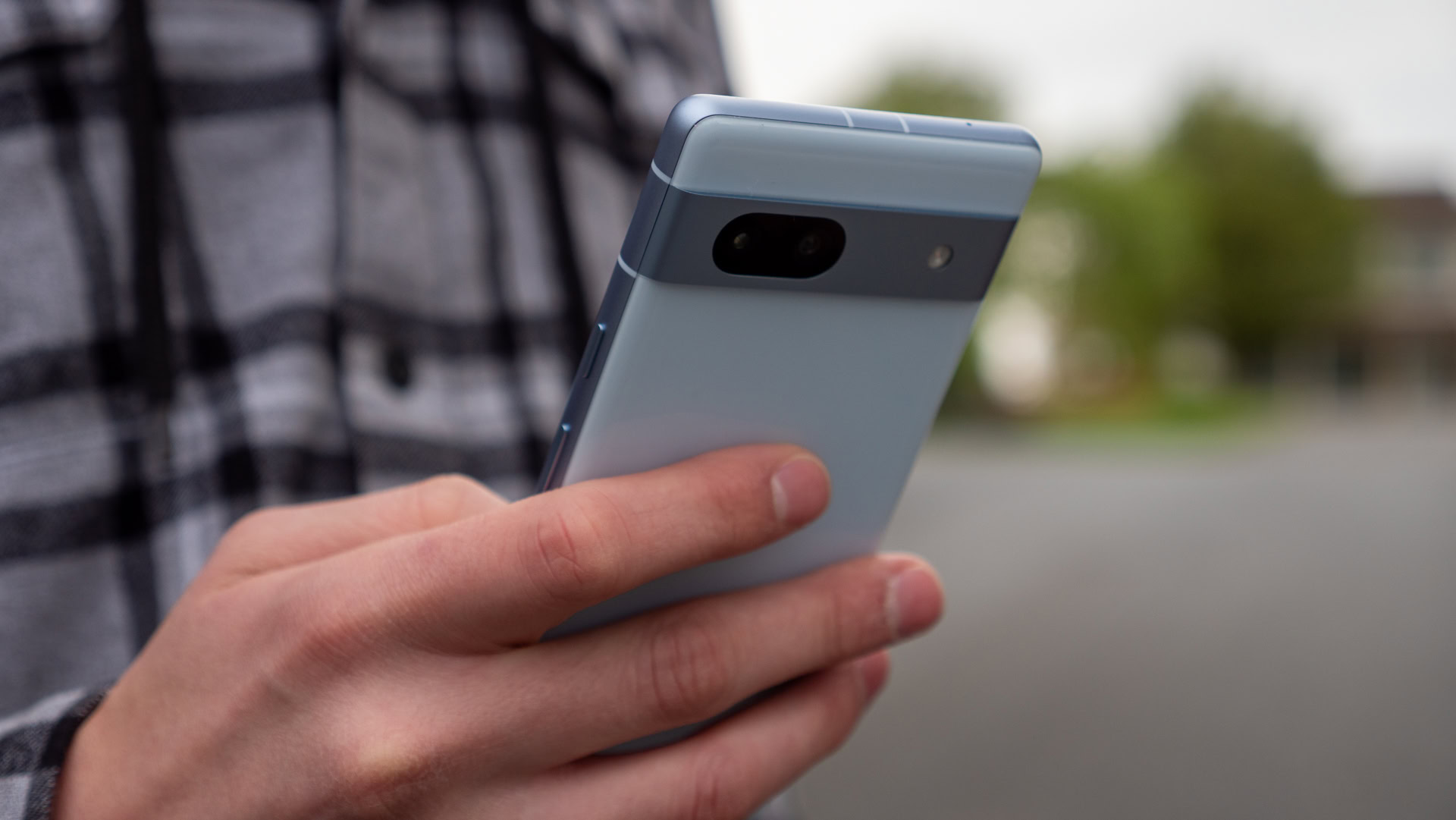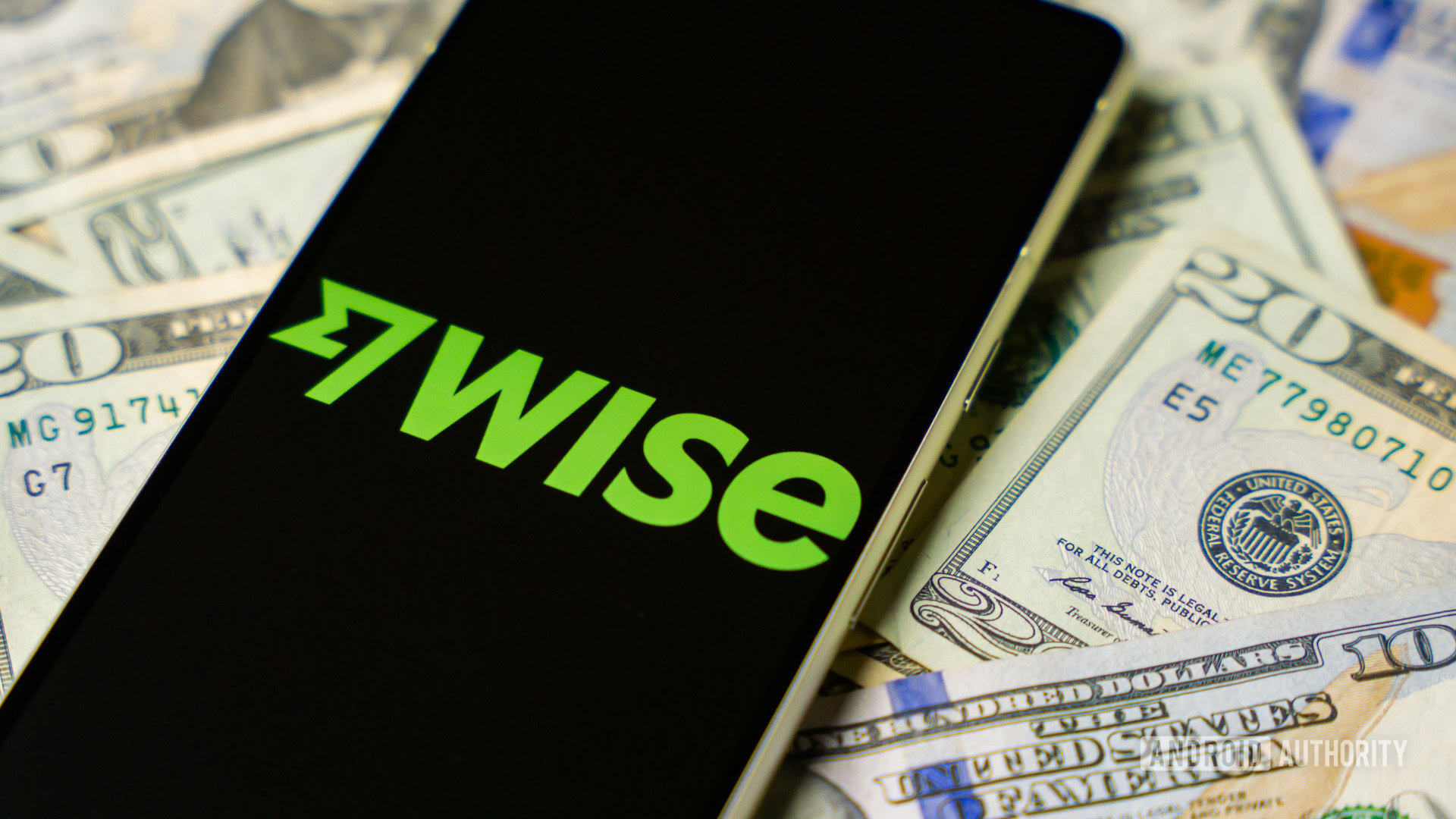Affiliate links on Android Authority may earn us a commission. Learn more.
What is a Cash App business account and how does it work?
Published onJanuary 1, 2024

A regular Cash App account is excellent for personal transactions, but keeping business transactions separate is always good. You might want to look into a Cash App business account. This account type is known as Cash for Business, and we’ll tell you all about it in this guide.
QUICK ANSWER
A Cash App business account provides a tailored experience for small businesses to facilitate mobile payments for the sale of goods and services. It has a different set of features and fees. Keep reading to tell you all about how Cash for Business can help your business grow.
JUMP TO KEY SECTIONS
What is a Cash App business account, and how does it work?
A regular Cash App personal account is meant for one’s own transactions. For example, you can use it to send each other money to cover a meal, or if you need to split a bill. Maybe you owe someone some cash; you can send it to the other person through Cash App. It works great, but it’s not the ideal solution for small business owners and entrepreneurs trying to push their careers forward. This is why the company created Cash for Business, which is a Cash App business account.
This type of Cash App account is tailored to help people or small companies sell their goods and services to others. It’s a convenient payment method, as many people already use it.
Customers won’t struggle to make a payment. They can use a $Cashtag, email, or phone number. You can even use a Cash App QR code, or print one and place it somewhere in your store.
Business account users will also enjoy a different set of features, fees, and tools for facilitating Cash App business account taxes. In fact, the IRS requires that Cash App generate a Form 1099-K, making taxes much easier.
Cash App business account features

At first sight, Cash for Business will look very much like a standard personal account. This is because a Cash App business account isn’t really focused on providing extra UI features. Instead, it is a way to keep your personal and business transactions separate.
As stated in the previous section, you will get the added benefit of getting a 1099-K form for tax filing. That’s nice to have. Otherwise, filing for taxes would require reviewing all transactions and labeling them accordingly. Cash App does it all for you.
Cash App business account features are essentially the same as with personal accounts.
Otherwise, Cash App business account features are essentially the same as with personal accounts. You can request payments, use a QR code to facilitate transactions, etc. You’ll even have access to the Savings, Bitcoin, and Stocks sections.
In fact, some of you might see the switch to a Cash App business account as a downgrade once you start looking at the fees. Let’s talk about those!
Cash App business account fees

Opening a Cash App business account is free, but using it won’t be. All incoming Cash for Business transactions will automatically be charged a 2.75% processing fee. This may be a bummer to some of you, as you’re used to personal accounts with zero transaction fees between users.
Cash App business accounts have no fees for Instant Deposits.
That said, there is one benefit to Cash App business accounts; there are no Instant Deposit fees for sending your money to your bank. It’s a nice feature to have, but you might not save yourself too much, considering all other incoming transactions come with a significant fee.
Instant Deposits use debit cards instead of routing and account numbers. On personal accounts, an Instant Deposit Cash Out will cost 0.5% to 1.75%, depending on the amount you transfer. And there is a minimum of $0.25.
How to open a Cash for Business account

Now that you know all the details, you might want to get started with your Cash App business account. The process is relatively simple.
First, you will need to set up a personal Cash App account. You can follow our guide on how to get started with Cash App for all the required initial steps. Just make sure you use the email and phone number you want to use for your business account, if they’re different from your main ones.
Once you’ve set up a personal account, you can turn it into a Cash for Business account within the app.
How to turn a personal account into a Cash App business account:
- Launch Cash App.
- Tap on the profile icon in the top-right corner.
- Under Accounts & Settings, go into the Personal option.
- Select Switch to a business account.
- Pick I’m an individual or Other incorporated business. Then, hit Continue.
- Enter the required info and hit Continue.
- Tap on Confirm.
- You’ve now switched to a Cash for Business account.
Cash for Business alternatives
Competition is a sign of a healthy market, and we have plenty of Cash for Business alternatives in the US. Let’s talk about some of the most popular ones.
PayPal
PayPal is one of the most popular payment and money services platforms. It also offers business-focused accounts, complete with features like invoicing, tax-filing support, card payments, and much more. One of the most significant advantages PayPal has over Cash App is that it’s available in over 200 countries and supports over 20 currencies, whereas Cash App is only in the US and UK.
PayPal even offers helpful features like business credit cards, loans, credit lines, and more. The PayPal Business debit card also provides 1% cashback on all purchases. You can enjoy broad support for website integration, and you can pay with many merchants online for your business expenses.
That said, PayPal has a very complex fee system, and it’s generally more expensive than Cash App. It will nickel and dime you for pretty much everything.
Venmo

Venmo is likely Cash App’s closest competitor. It’s another peer-to-peer financial app, but it also offers business profiles. What makes Venmo more interesting is its social aspect. You can choose to publish transactions to the Venmo feed, which may entice customers to do more business with you.
Additionally, Venmo business transactions cost less. You pay 1.9% plus $0.10 per transaction received. You’ll have to pay a bit more if you use contactless payments with Apple Pay or Google Pay. This will incur a 2.29% fee plus $0.10 per contactless payment. That is still cheaper than Cash App, though! Sadly, it’s another US-only service, though.
Zelle
Zelle is a much more straightforward payment system. There are no bells and whistles, it’s just made for sending money, but it does that very well. Transactions are near-instant and go directly to your bank account. Additionally, it’s usually free to use, unless your bank adds extra fees.
The only caveat is that your bank account needs to support Zelle in order to use it. If it doesn’t, you’re out of luck and need to use an alternative. It’s also only available in the US.
Wise

There are too many US-only services on this list, and we know not everyone wants to deal with PayPal. If you need international support for your business money transfer account, there is also Wise.
Wise is a money account with support for invoicing, payroll, providing access to employees, and more. You can get business cards with support in over 160 countries and over 40 currencies. Depending on the currency, it will even offer juicy interest on some of your balances.
Of course, you can also use it for worldwide transfers, holding multiple currencies. With all that said, Wise is a bit expensive to use, too. For starters, registering a Wise business account will cost $31, getting the Wise debit card costs $5, converting money costs a percentage, and the list goes on for pretty much everything you do.
FAQs
Yes. Cash for Business accounts have limitations, but they are much more forgiving than those for personal accounts. For example, receiving money has no limits, as Cash App assumes businesses will obviously receive more money, more often. Business accounts can also send as much as $7,500 a week.
You can change your Cash App account from business to personal, but it will require talking to Cash App Support. Go to Cash App > Profile > Personal > Switch to a personal account > Contact Support. Talk to them to get everything sorted out.
You can have both a personal and business Cash App accounts simultaneously. You just need to make sure you register different phone numbers and emails to both accounts.
Cash App will send Cash for Business users a 1099-K form yearly, sometime before the end of January.
Just like personal Cash App accounts, Cash App business accounts are FDIC insured as long as you sign up for a Cash Card.